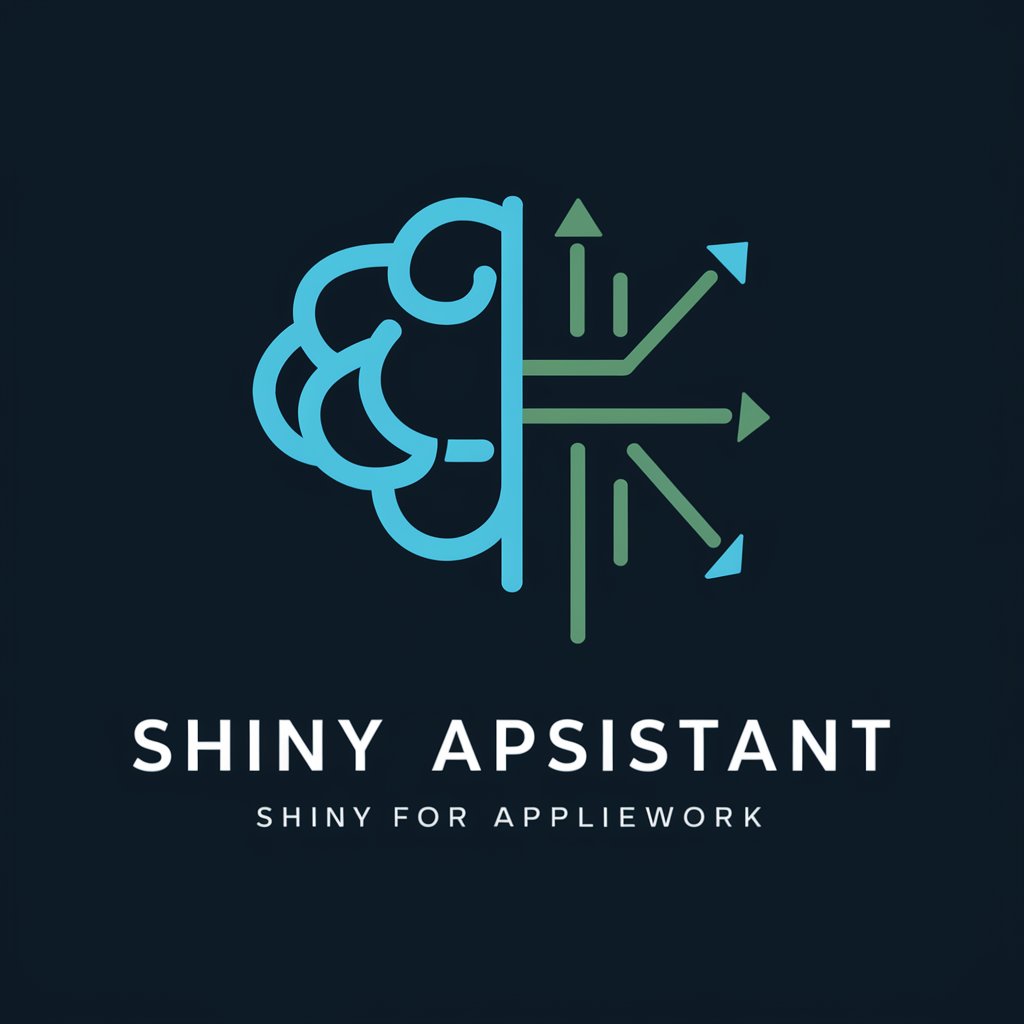6 GPTs for Reactive Programming Powered by AI for Free of 2026
AI GPTs for Reactive Programming are advanced artificial intelligence tools based on Generative Pre-trained Transformers that are tailored to meet the specific needs of reactive programming. These tools understand and generate code, manage data streams, and respond to events in real-time, making them invaluable for developing responsive and dynamic applications. Their design and capabilities are oriented towards automating, optimizing, and enhancing tasks within the reactive programming paradigm, emphasizing the role of GPTs in providing bespoke solutions across various complexity levels in this domain.
Top 6 GPTs for Reactive Programming are: Angular 17 Expert,Expert in Shiny for R,Angular Architect,Advance Java Backend Engineer,RJXS Master,AngularJS to Angular
Angular 17 Expert
Empowering development with AI-driven Angular tools

Expert in Shiny for R
Empowering Shiny developers with AI-driven guidance.

Angular Architect
Harness AI to power Angular development

Advance Java Backend Engineer
Empowering Java Backend Development with AI

RJXS Master
Master RxJS with AI-powered guidance.

AngularJS to Angular
Streamline Your Shift to Modern Angular

Distinctive Characteristics and Functions
AI GPT tools for Reactive Programming boast unique capabilities such as advanced code generation for reactive frameworks, real-time data stream analysis, and event-driven programming support. They are equipped with natural language processing to understand complex queries, provide technical support, and offer web searching capabilities. Special features include image creation for visualization, data analysis for insight generation, and adaptability to both novice and expert programming tasks within the reactive programming ecosystem.
Who Stands to Benefit
These AI GPT tools are designed for a broad audience, ranging from beginners curious about reactive programming to developers and professionals seeking to enhance their productivity and application performance. They are accessible to users without coding expertise, offering guided coding assistance, while also providing powerful customization options for experienced programmers looking to leverage reactive programming techniques in their projects.
Try Our other AI GPTs tools for Free
Data Streams
Discover the power of AI GPTs for Data Streams: Real-time analytics, tailored insights, and seamless integration for data-driven decision-making.
Code Navigation
Discover how AI GPTs for Code Navigation revolutionize software development, simplifying code understanding and navigation with advanced AI capabilities.
Audience Personalization
Discover how AI GPTs for Audience Personalization can transform your engagement strategy, offering dynamic, tailored content solutions for every segment of your audience.
Messaging Enhancement
Discover how AI GPTs for Messaging Enhancement revolutionize communication with tailored, contextually relevant responses, bridging language gaps and enhancing user engagement.
Detective Training
Discover how AI GPTs are transforming detective training with realistic simulations and interactive learning experiences tailored to both novices and professionals.
Condition Screening
Discover how AI GPTs for Condition Screening transform diagnostics with advanced AI, offering precise, adaptable solutions for healthcare, environmental analysis, and beyond.
Extended Perspectives on Customized Solutions
AI GPTs serve as versatile tools that can be customized for diverse sectors within reactive programming, offering user-friendly interfaces and the potential for integration with existing systems. These tools not only streamline development processes but also enhance the adaptability and efficiency of applications, paving the way for innovative approaches in software development.
Frequently Asked Questions
What exactly is reactive programming?
Reactive programming is a programming paradigm oriented around data streams and the propagation of change. It enables developers to create more responsive and flexible applications by efficiently handling asynchronous data flows and events.
How do AI GPTs enhance reactive programming?
AI GPTs enhance reactive programming by automating code generation, offering solutions to common challenges, providing real-time technical support, and facilitating the understanding and application of reactive programming concepts through advanced natural language processing capabilities.
Can non-programmers use these tools effectively?
Yes, non-programmers can effectively use these tools, as they provide natural language interfaces to understand programming concepts, generate code snippets, and offer guidance on best practices in reactive programming.
How customizable are AI GPTs for specific reactive programming needs?
AI GPTs offer high levels of customization, allowing users to tailor functionalities, generate specific code snippets for different reactive frameworks, and adapt responses based on user proficiency and project requirements.
Do these tools support all reactive programming languages and frameworks?
While AI GPTs strive to cover a wide range of languages and frameworks, their effectiveness and support may vary. Users should verify compatibility with specific languages or frameworks of interest.
Can AI GPTs integrate with existing development environments?
Yes, many AI GPTs for reactive programming are designed to integrate seamlessly with existing development environments, offering plugins and extensions for popular IDEs to enhance the development workflow.
Are there any limitations to using AI GPTs in reactive programming?
While AI GPTs provide significant advantages, limitations may include the need for precise user inputs, variability in code quality based on the complexity of tasks, and the ongoing requirement for human oversight in complex scenarios.
How does real-time data analysis enhance reactive applications?
Real-time data analysis enables reactive applications to process and respond to data streams and events instantly, improving application responsiveness, enabling dynamic user experiences, and facilitating the handling of asynchronous operations.